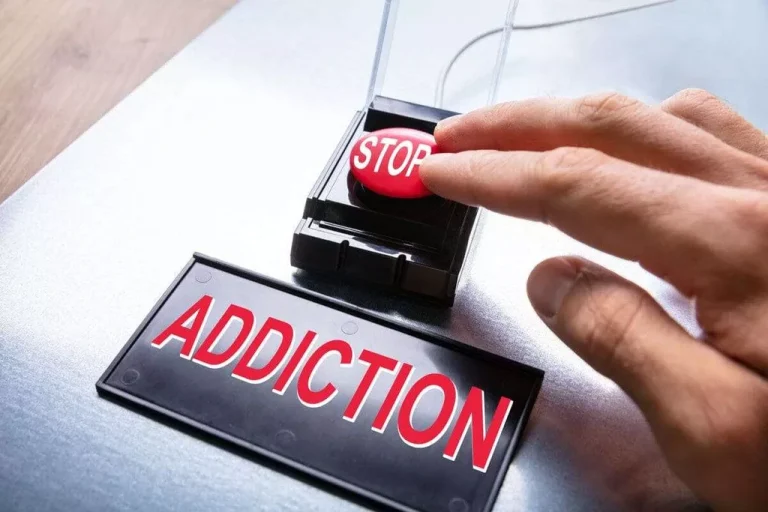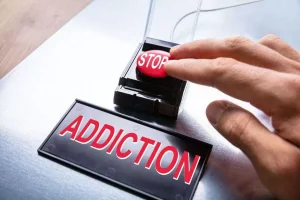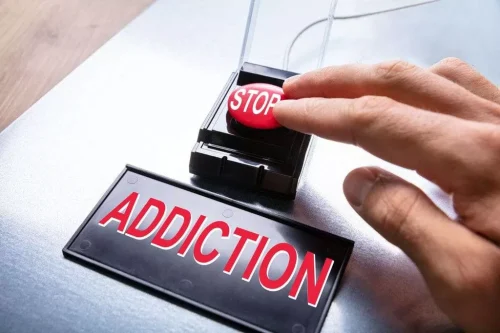
Individuals may also experience persistent cravings, unresolved psychological issues, and difficulty adjusting to a sober lifestyle, hindering their overall well-being and recovery progress. What isn’t gone is the difficult emotions and challenging life experiences, as those things are simply part of the human experience. It’s important to know that you are going to experience stress, anger, and sadness throughout your life and that those feelings are normal. There isn’t anything wrong with the feelings, but what you do with the feeling is what’s important. Try out new coping skills whether it’s talking to loved ones about what’s going on, engaging in physical activity, creating art, reading or going for walks, or anything that makes you feel good. The terms “dry drunk syndrome” and “sober drunk” refer to the conditions that afflict individuals after the point where they no longer have a physical craving for alcohol.
- If they have already completed treatment, there are still positive steps you can take.
- It’s about learning how to manage and regulate difficult emotions and the challenges of life as they arise.
- People recovering from alcohol misuse or addiction often experience difficult, painful emotions.
- If you are concerned that your loved one may be struggling with dry drunk syndrome, consider the level of stress they are currently experiencing.
Coping With Dry Drunk Syndrome
- In order to overcome dry drunk syndrome, you need to have a willingness to acknowledge that there is some sort of emotional baggage or discord happening internally.
- As previously stated, many believe that ending substance use is all that it takes to end addiction.
- Symptoms can also seem to resemble a late withdrawal, as some treatment professionals have pointed out.
Plus, if you’ve done things while drinking that harmed you or people you love, you may also carry some pain and have plenty of sharp words for yourself. Having helpful coping techniques in place can make it easier to manage distressing emotions and thoughts about drinking. It’s not always easy to Substance abuse open up about alcohol use and recovery, especially to people who don’t have any experience with it, but it’s a crucial part of the process. Quitting alcohol is a necessary step for living a life of sobriety, but there is more to a successful recovery than just getting sober. Being aware of the symptoms is the first step to addressing them and getting some relief. In this article, we’ll explore what dry drunk syndrome really is and how you can help your loved one cope with life after addiction.

What Is Family Trauma Therapy?

Therapy, counseling, support groups, medication-assisted treatment, and lifestyle changes are commonly utilized to help individuals manage symptoms and achieve dry drunk syndrome sustained recovery from addiction. Without addressing underlying issues such as trauma, low self-esteem, or co-occurring mental health disorders, individuals may find it challenging to navigate the emotional ups and downs of recovery. It’s easy to beat yourself up, or feel like you “should” be further along in your recovery.
Support
The best way to prevent and/or cope with the physical and mental symptoms of dry drunk syndrome is to stay steadfast in your recovery. You also have to explore, deeply and honestly, patterns and behaviors in your life that contribute to your alcohol use. Within AA, for example, it’s sometimes used to refer to people who aren’t “working the program” or trying hard enough. Plus, labeling someone in recovery as any kind of “drunk” generally isn’t helpful. If you struggled with symptoms of anxiety or depression, for example, before your addiction began, that might be the reason that you’re currently struggling with dry drunk syndrome. Because of this, it is important to seek therapy and treatment for your co-occurring disorder.
“Given that relapse is a process, it can be identified and interpreted before use happens,” she says.

- Her fields of interest include Asian languages and literature, Japanese translation, cooking, natural sciences, sex positivity, and mental health.
- For instance, if you struggle with depression, it may have prompted you to begin using substances.
- Outside of therapy, don’t forget to take care of yourself and your needs.
- This can sometimes trigger renewed alcohol use, especially in the absence of more helpful coping techniques.
One particular neurotransmitter that alcohol boosts is dopamine, a “feel good” chemical that causes a temporary feeling of relief and pleasure when drinking. Originally coined by the creators of Alcoholics Anonymous, dry drunk syndrome can have a negative impact on the process of giving up drinking both physically and mentally. People recovering from alcohol misuse or addiction often experience difficult, painful emotions. They might feel frustrated or angry, struggle with their desire to drink, or express a lot of negative thoughts. Maybe they slipped up and had a drink after several months of sobriety.

Learning the symptoms of dry drunk syndrome as well as a few strategies to better cope can help you or someone you love to move past this stumbling block toward lasting recovery. Crystal Raypole has previously worked as a writer and editor for GoodTherapy. Her fields of interest include Asian languages and literature, Japanese translation, cooking, natural sciences, sex positivity, and mental health.

Although your use took a life of its own, it likely started off as a means of dealing with difficult emotions, trauma, or was a means of escape. Like other mental health challenges, dry drunk syndrome is best addressed through a combination of individual and group therapy, peer support, and behavioral and lifestyle changes. If your loved one is already enrolled in a professional treatment program, make sure to communicate your concerns to the program staff. If they have already completed treatment, there are still positive steps you can take. Untreated dry drunk syndrome can lead to a range of negative consequences, including emotional instability, relationship difficulties, increased risk of relapse, and challenges in maintaining sobriety.
